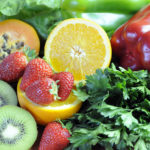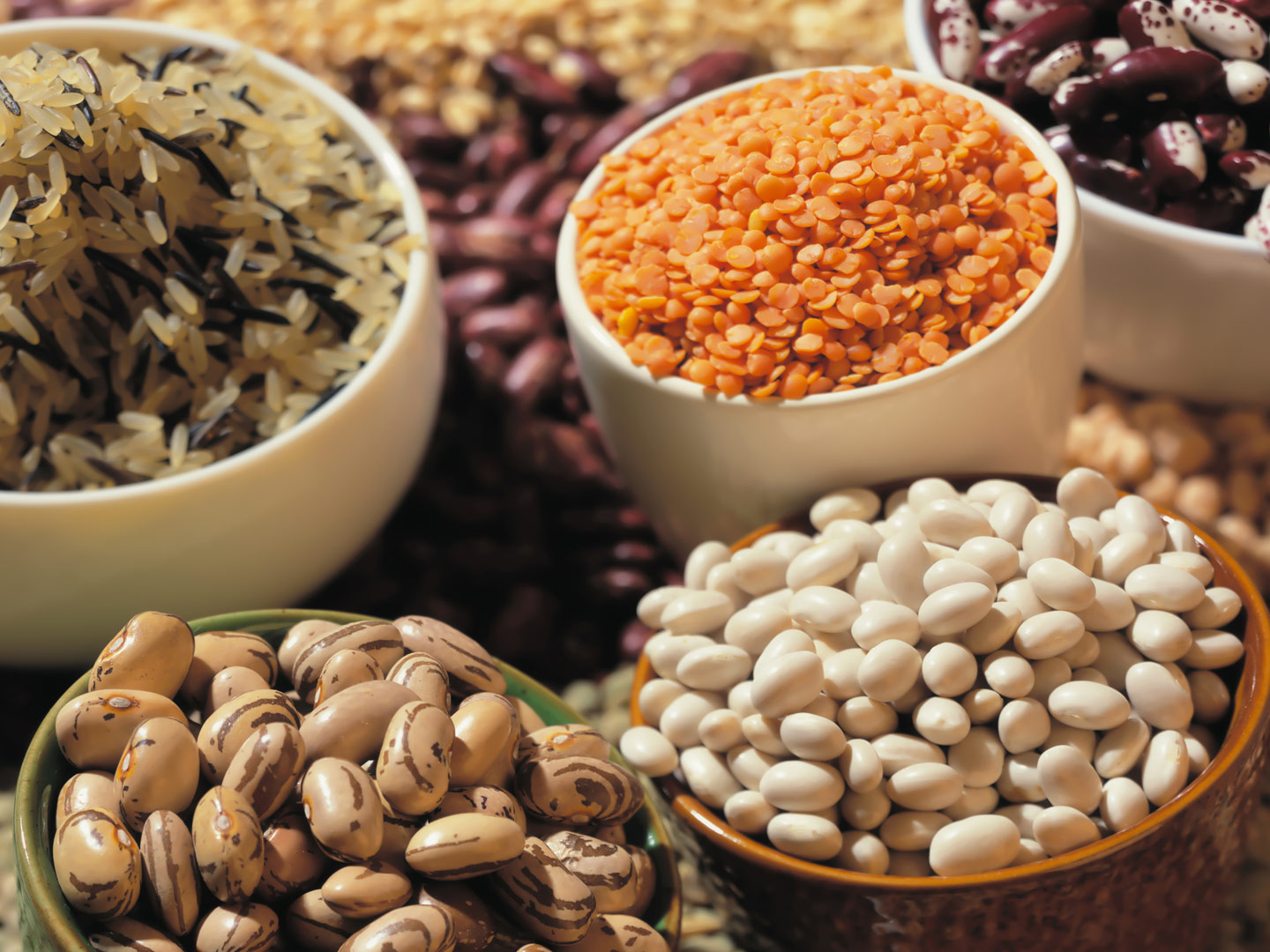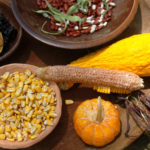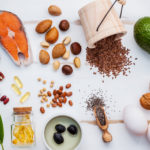Vitamin B12, Cyanocobalamin Or Cobalamin
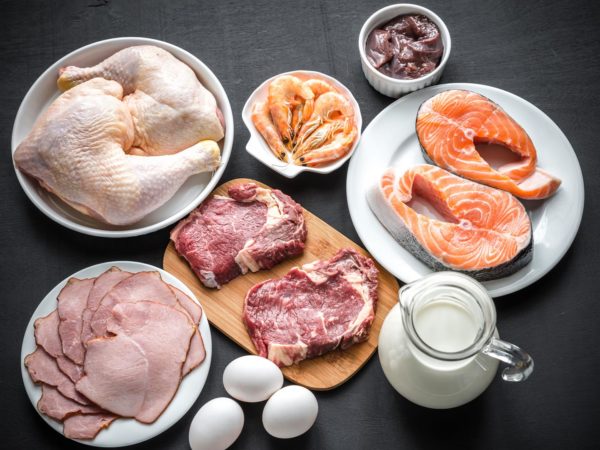
What Is Vitamin B12?
Vitamin B12, also known as cyanocobalamin or cobalamin, is a water-soluble vitamin that is part of the B vitamin family. These vitamins help support adrenal function, maintain a healthy nervous system, are necessary for key metabolic processes, and are important to DNA synthesis.
Why Is Vitamin B12 Necessary?
This essential micronutrient affects the development and maintenance of red blood cells, nerve cells, and normal myelination (covering) of nerve cells. It also aids in the production of DNA, RNA, and neurotransmitters.
What Are The Signs Of A Vitamin B12 Deficiency?
Symptoms of a deficiency include fatigue, muscle weakness, shortness of breath, dizziness, numbness, heart palpitations, bleeding gums and mouth sores, nausea, poor appetite, and diarrhea. Vitamin B12 deficiency may present themselves slowly and may not be recognized for some time. A vitamin B12 deficiency can produce pernicious anemia, which can lead to memory loss, confusion and even dementia.
Since we obtain B12 only from animal foods in our diet, deficiencies tend to develop among strict vegetarians, especially vegan children, who eat no animal products. However, the elderly, and those who are unable to absorb vitamin B12 from the intestinal tract are also at risk, as well as those who are pregnant or who suffer hemorrhage or intestinal disorders.
How Much, And What Kind, Does An Adult Need?
According to the National Institutes of Health (NIH), the average daily U.S. Recommended Dietary Allowance (RDA) is:
- for people age 14 and older, 2.4 mcg
- for adult and adolescent pregnant females, 2.6 mcg
- for adult and adolescent lactating females, 2.8mcg
People over 50 years of age should consume vitamin B12-fortified foods, or take a vitamin B12 supplement. Doses of 25-100 mcg per day have been used to maintain the B12 vitamin levels in older people.
Dr. Weil recommends taking 50 mcg as part of a B-complex supplement that also contains a full spectrum of B vitamins, including biotin, thiamin, riboflavin, and niacin.
How Much Vitamin B12 Does A Child Need?
The NIH recommendations:
- infants 0-6 months, 0.4 mcg
- infants 7-12 months, 0.5 mcg
- toddlers 1-3 years, 0.9 mcg
- children 4-8 years, 1.2mcg
- children 9-13 years, 1.8 mcg
How Do You Get Enough Vitamin B12 From Foods?
Animal-derived foods are the best food sources of vitamin B12, including dairy products, eggs, meat, fish, poultry, and shellfish. Find more information about B vitamin foods from our infographic.
Are There Any Risks Associated With Too Much Vitamin B12?
Vitamin B12 is considered safe and non-toxic, but other B vitamins can cause problems in large doses.
Are There Any Other Special Considerations?
Sublingual (under the tongue) tablets and oral spray forms of vitamin B12, both of which are absorbed by the blood vessels in the mouth, are often better for seniors who may have trouble absorbing this vitamin from the stomach.
Vitamin B12 absorption and/or depletion may occur in those who use alcohol excessively; take antibiotics; use stomach-acid controlling drugs, including H-2 blockers and proton pump inhibitors; or take Metformin to treat type 2 diabetes. Nicotine can also lower serum levels of vitamin B12.
In addition, potassium supplements can reduce absorption of vitamin B12, and there is some evidence that vitamin C in supplements can interfere with obtaining the B12 vitamin found in foods.
Updated by: Andrew Weil, M.D., and Brian Becker, M.D., on Oct. 29th, 2012
SOURCES:
ods.od.nih.gov/factsheets/VitaminB12-HealthProfessional/
www.nlm.nih.gov/medlineplus/ency/article/002403.htm
lpi.oregonstate.edu/mic/vitamins/vitamin-B12
Reviewed by Benjamin S. Gonzalez, M.D., May, 2016.


